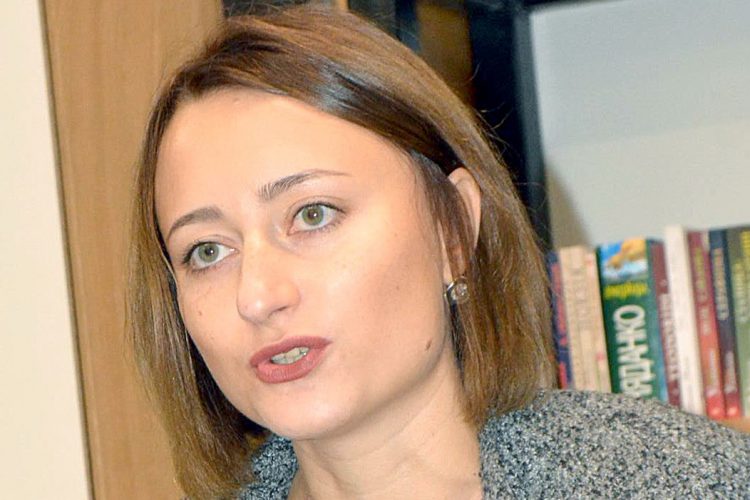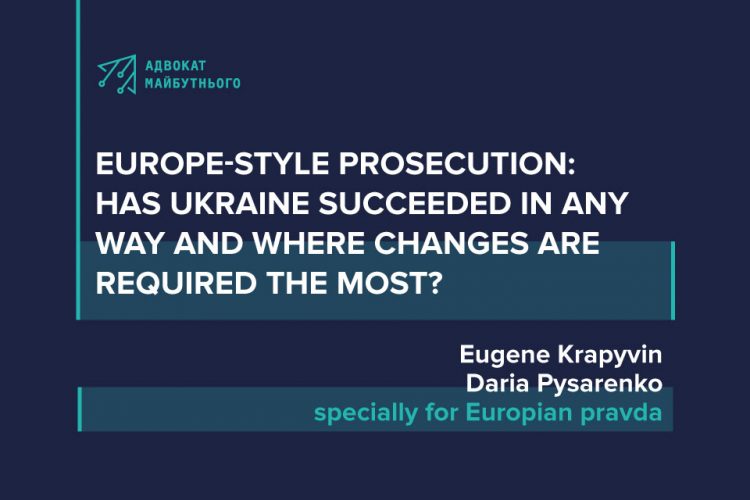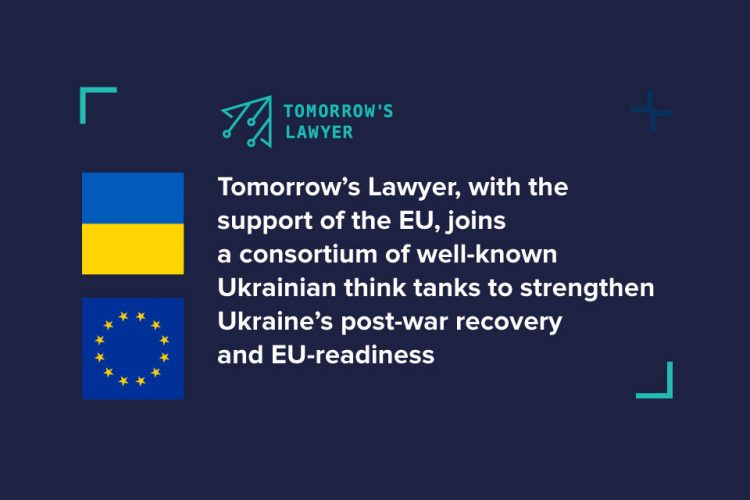


Independence Does Not Presume Lawlessness
As part of the third Module of the “Tomorrow’s Lawyer” Program, dedicated to the communication within the legal community, we conducted an online survey on the following topic “Advocate’s Independence in Professional Activities and within Professional Associations”. Program expert Yuliya Lisova shared her analytics upon the results of the survey, which was first published by Yurydychna Gazeta Weekly.
The purpose of the survey was to understand how lawyers assess the state of their professional independence, what significance it has and what risks it impends.
The majority of lawyers who took part in the survey, perceive professional independence not as a value per se, but as a guarantee of the rule of law principle. For example, in the opinion of lawyers (86% of respondents), fair justice, which adheres to the rule of law principle, is impossible without an independent lawyer. Indeed, only an independent lawyer can completely support the adversarial process. At the same time, the majority of lawyers (61% of respondents) believe that there are problems with the observance of the lawyer’s independence in Ukraine.
Does the professional independence of lawyers affect the implementation of the rule of law principle in the administration of justice?
Yes – 86% No – 2% I suppose, yes -10% I doubt so – 2%
Does Ukraine have problems with implementation/threatening the independence of lawyers in their professional activities?
Yes – 61% No – 4% I suppose, yes – 27% I doubt so – 8%
Interestingly, among the components of independence, in addition to the guarantees provided by the law for independence, the absence of extraneous pressure on the lawyer and the law community, lawyers paid much attention to the personal qualities and characteristics of a lawyer and the legal profession. According to the respondents, lawyers themselves are largely responsible for their professional independence. Thus, the guarantee of independence in accordance with the survey is the following qualities of lawyers such as self-confidence and knowledge, professionalism, adherence to principles, decency, honesty, responsibility before oneself and society, constant learning, confidence in their community, a sense of security, adherence to the rules of law ethics, financial independence.
Among the problems and threats to the independence of a lawyer there were distinguished external and internal. External problems, in particular, refer to the general unsatisfactory state of justice, criminal prosecution of lawyers, disciplinary pressure on lawyers, lack of true responsibility for violating the professional guarantees of lawyers, identification of a lawyer with a client and unsatisfactory legal culture of society, unfair taxation system. Among internal problems – the unwillingness of lawyers themselves to work on independence, the lack of unity in the legal profession, existence of unconscious nonprofessional lawyers and the imperfect procedure of access to the profession, the lack of reaction of the organs of the self-government bodies in violation of the guarantees of advocacy, failing to initiate public discussions of existing problems in the Bar and social processes, imperfection rules of legal ethics, which in particular restrict the right to criticize the state of the Bar.
Discussing the results of the survey, the participants of the Tomorrow’s Lawyer Program concluded that the main guarantee of the lawyer’s independence is the law abidance by lawyers themselves and preservation of own reputation. Solving other problems is also in the so-called “circle of the legal community”, but the endeavors on their solving requires the law firm itself to comply with high ethical and professional standards, as well as unity and initiative.
The opinions expressed in this article are the author’s own and do not reflect the view of the “Tomorrow’s Lawyer” Program, the Ukrainian Bar Association, the Bar Association of Legal Aid Providers, the Quality and Accessible Legal Aid in Ukraine Project, the Canadian Bureau for International Education, or the Government of Canada.


